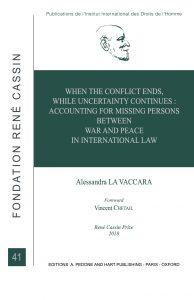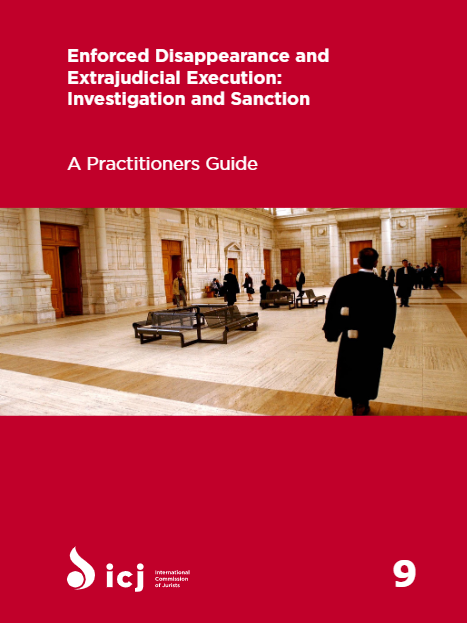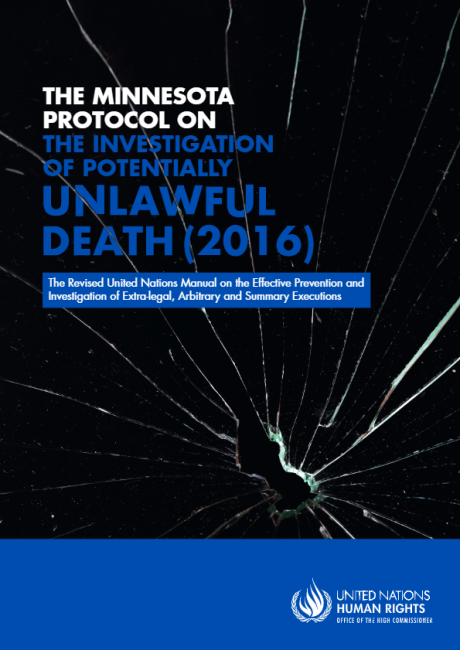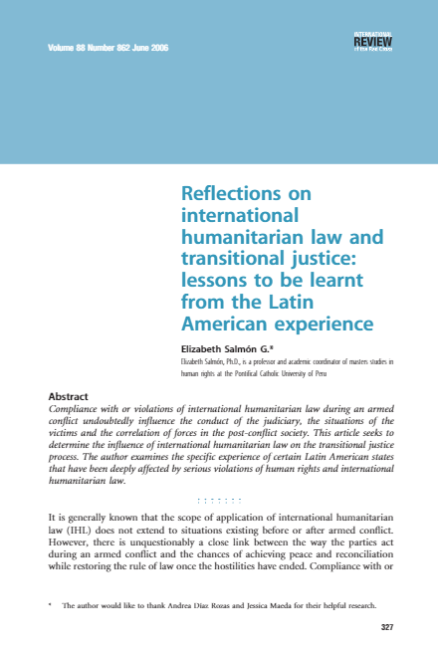
When the Conflict Ends, While Uncertainty Continues Accounting for Missing Persons between War and Peace in International Law
One of the most challenging elements during any armed conflict and its aftermath is the need to determine the fate of the missing and to support families dealing with uncertainty. Another layer of complexity is added in cases where a missing person might have been involved in criminal activity. This book examines how international law meets these two distinct, but intertwined, needs. It shows that the duty to account for missing persons is cross-cutting in nature, requiring measures needing implementation before, during, and after armed conflict. At the same time, those measures cannot substitute any required to establish responsibility for IHL/IHRL violations and international crimes. Exploring specific examples, the book examines the role that international law plays in the international community's attempts to articulate humanitarian and accountability-driven efforts when dealing with the missing. By so doing, it suggests how linkages between such efforts can be established, both through legal and policy avenues.





